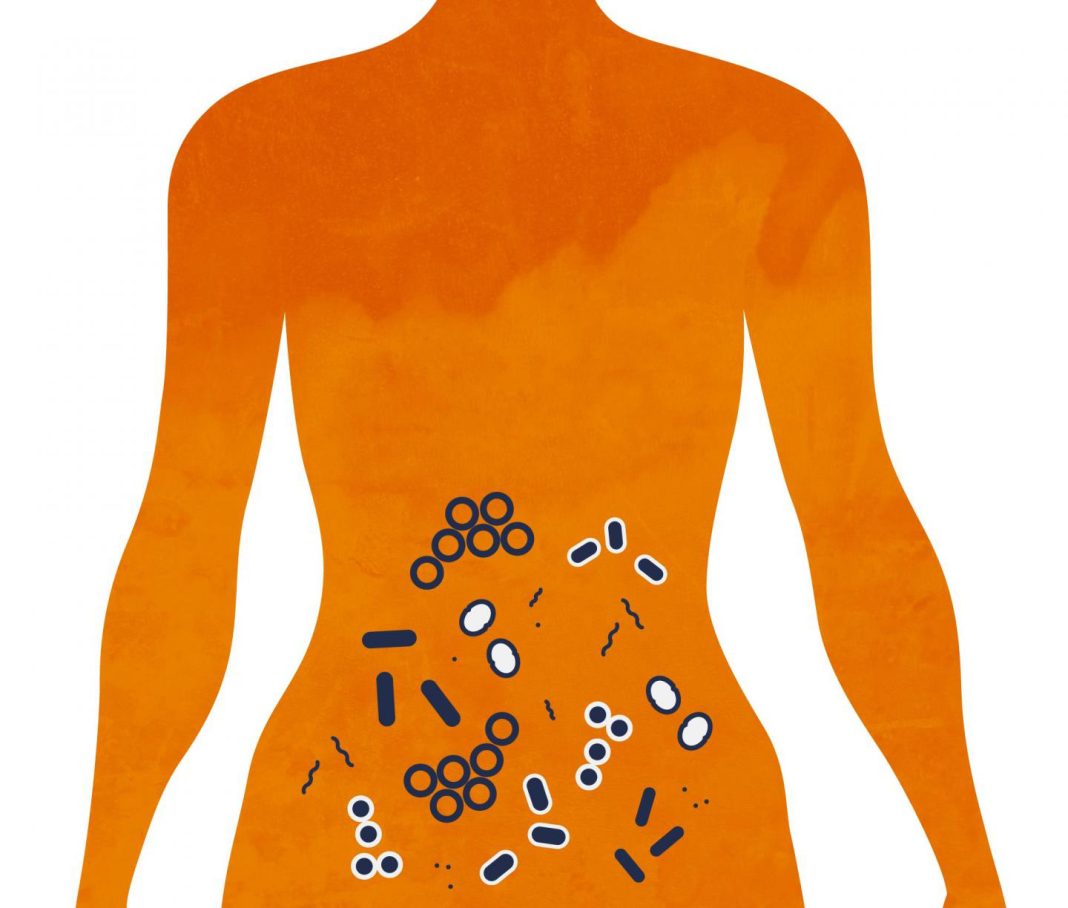
Source: © Milissenta/Fotolia
Could the development of autism spectrum disorders (ASD) in children be prevented simply by modifying a mother’s diet during pregnancy, or getting her to take probiotics? Studies in a mouse model of autism by University of Virginia (UVA) School of Medicine scientists have linked the mother’s gut microbiome and maternal immune activation (MIA), with the susceptibility of her offspring to developing ASD. Their results, reported in The Journal of Immunology, suggest that the mother’s microbiome during pregnancy effectively calibrates interleukin 17a (IL-17a) responses, which in the mouse model acts as a key contributor to the development of autism-like disorder.
The effects of the microbiome on the development of MIA-induced autism could be prevented either by modifying the pregnant mother’s microbiome, or by directly blocking IL-17a signaling. “We determined that the microbiome is a key contributor in determining susceptibility [to autism-like disorders], so it suggests that you could target either the maternal microbiome or this inflammatory molecule, IL-17a,” says lead researcher John Lukens, Ph.D., at UVA's Center for Brain Immunology and Glia, and Carter Immunology Center. “You could also use this [IL-17a] as a biomarker for early diagnosis.” The team reports its findings in a paper titled, “Critical roles for microbiota-mediated regulation of the immune system in a prenatal immune activation model of autism.”
![Altered neurodevelopment in a mouse model of autism. New research from the University of Virginia School of Medicine reveals that the health of the microbiome during pregnancy determines autism risk. The microbiome is the collection of microscopic organisms that naturally live inside us. [John Lukens Lab, Univ. of Virginia School of Medicine Dept. of Neuroscience]](https://genengnews.com/wp-content/uploads/2018/08/Jul19_2018_UnivVirginia_AlteredNeurodevelopment6562174191-1.jpg)
Altered neurodevelopment in a mouse model of autism. New research from the University of Virginia School of Medicine reveals that the health of the microbiome during pregnancy determines autism risk. The microbiome is the collection of microscopic organisms that naturally live inside us. [John Lukens Lab, Univ. of Virginia School of Medicine Dept. of Neuroscience]
Recent studies have linked autism with immune response dysregulation and altered microbiome composition. “This has led to growing speculation about potential roles for hyperactive immune responses and the microbiome in autism,” the authors write. “Yet how microbiome–immune crosstalk contributes to neurodevelopmental disorders currently remains poorly understood.”
The relationship between maternal microbiome and fetal development is evidently complex. “The microbiome can shape the developing brain in multiple ways,” explains Dr. Lukens. “The microbiome is really important to the calibration of how the offspring's immune system is going to respond to an infection or injury or stress.”
Turning to a mouse MIA model of autism to study this in more detail, the researchers identified what they describe as “critical roles for prenatal microbiota composition in the development of behavioral abnormalities.” They showed that changing the maternal microbiome increased the risk of offspring developing autism-like disorders. “We show that preconception microbiota transplantation can transfer susceptibility to MIA-associated neurodevelopmental disease and that this is associated with modulation of the maternal immune response,” they state.
Encouragingly, their findings also suggest that autism could feasibly be prevented in offspring by modifying the mother’s diet, by taking custom probiotics, or through fecal transplantation. More specifically, the UVA researchers’ studies showed that directly blocking IL-17a in pregnant mice effectively prevented the development of MIA-associated neurodevelopmental disease in their pups, although the scientists also acknowledge that translating this approach into the clinic might not be easy.
“If you think about pregnancy, the body is basically accepting foreign tissue, which is a baby,” Dr. Lukens notes. “As a result, maintenance of embryonic health demands a complex balance of immune regulation, so people tend to shy away from manipulating the immune system during pregnancy.” And while IL-17a has been implicated in other disorders such as rheumatoid arthritis, multiple sclerosis, and psoriasis, and there are already drugs that block the cytokine. The molecule also plays a key role in preventing infections. Inhibiting IL-17a during pregnancy “could make you susceptible to all kinds of infections,” and this could have additional effects on fetal development, Dr. Lukens notes.
Next, the researchers aim to investigate more closely just how the maternal pregnancy microbiome impacts on neurodevelopment and autism. “In terms of translating our work to humans, I think the next big step would be to identify features of the microbiome in pregnant mothers that correlate with autism risk,” Dr. Lukens comments. “I think the really important thing is to figure out what kind of things can be used to modulate the microbiome in the mother as effectively and safely as we can.”
The researchers also aim to evaluate whether other immune triggers are involved in the development of autism and other neurodevelopmental disorders.



